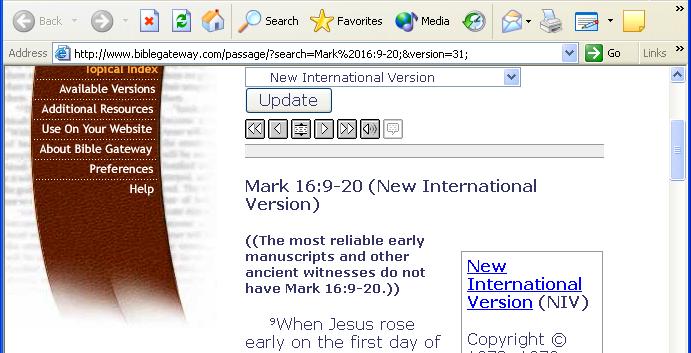SANCTUS ANACLETUS
JF-Expert Member
- Mar 5, 2016
- 3,337
- 4,664
- Thread starter
- #381
Kwani hasa tatizo lako ni lipo juu ya huu uislaam.
Waache waislaam na uislaam wao,wayahudi na uyahud wao na Makafiri na ukafiri.
Muhammad alizaliwa miaka mia tano baada ya Kristu. Kazaliwa kakuta Ukristu ulishaenea sehemu nyingi sana duniani. Na wakati huo Biblia Agano Jipya nayo ilishaandkwa. Ni kwa nini alipatwa na kiherehere cha kuongelea mambo ya Ukristu katika Kurani?


